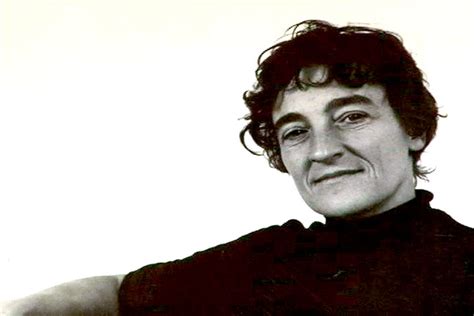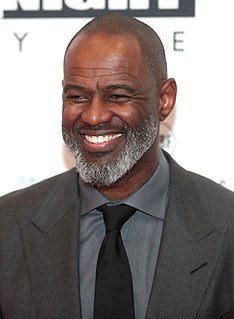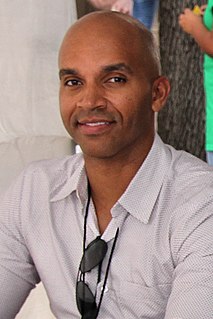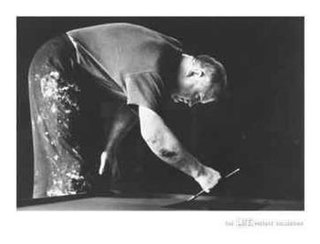A Quote by Lucy R. Lippard
I intensely dislike the word 'critic,' because it puts you in an antagonistic position to artists. I've learned everything that I know about art from artists... I see myself as an advocate and an activist and a writer.
Related Quotes
I love knowing and learning about people around the world displaying my art online. Also, it's how I learn about new artists that are in various parts of the world. The positive thing about Tumblr and Instagram is that they're a fantastic platform for art lovers. I also like, when I search for my art and it says, "see also or related artists," and I see those other artists that relate to me, at least according to the internet. I think it's fascinating - it's interesting to see hashtags people are using in relation to my work. It's another tool of communication.
Every art critic and every writer doesn't have a frame to start off from. If I made a statement saying, "This is Abstract Expressionism," they could go, "Well, he failed miserably," or, "Fantastic, this is a new genius!" But in art history, I don't see any of the artists I like spewing bullshit. I don't see anyone recording it or pronouncing what they were doing.
Artists look at the environment, and the best artists correctly diagnose the problem. I'm not saying artists can't be leaders, but that's not the job of art, to lead. Bob Marley, Nina Simone, Harry Belafonte - there are artists all through history who have become leaders, but that was already in them, nothing to do with their art.
Artists raise their kids differently. We communicate to the point where we probably annoy our children. We have art around the house, we have books, we go to plays, we talk. Our focus is art and painting and dress-up and singing. It's what we love. So I think you can see how artists in some way raise other artists.






































